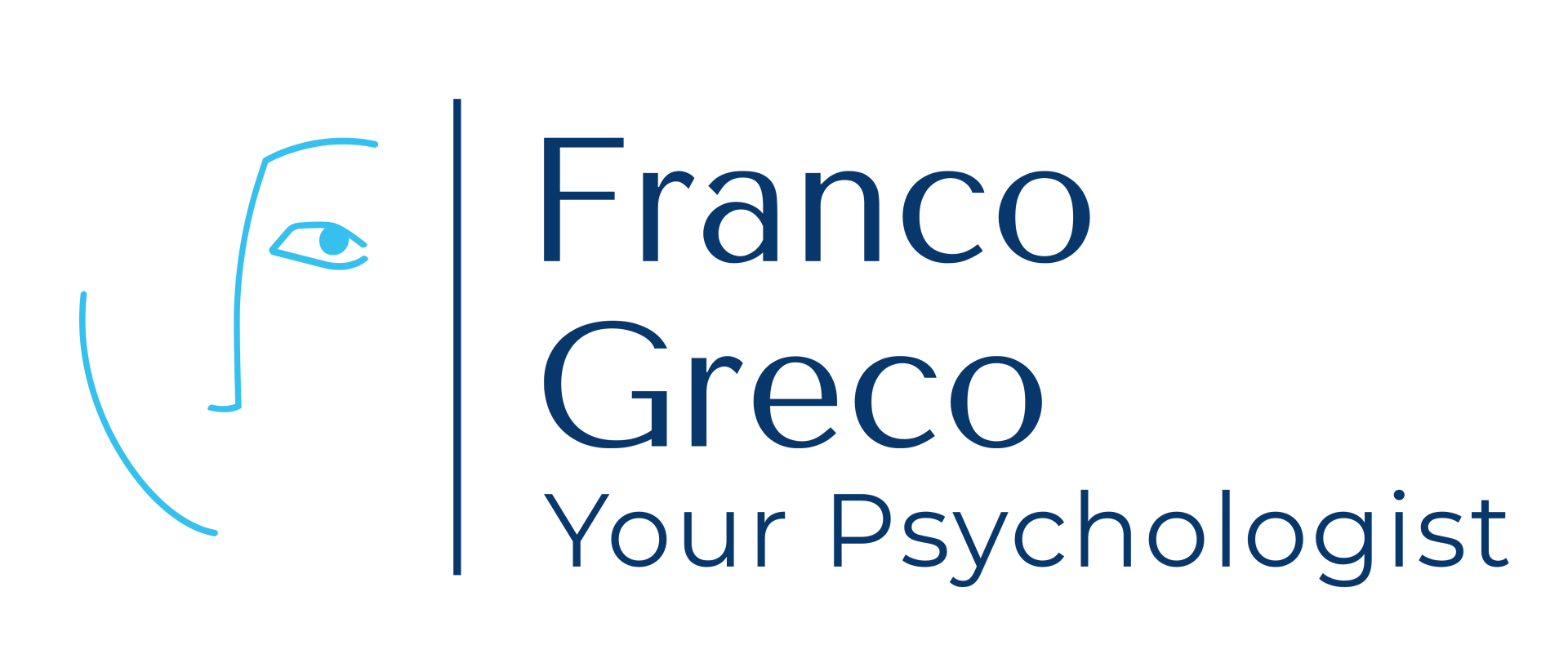TELEHEALTH AND TELEPHONE SESSIONS AVAILABLE
Goals and Approaches in Schema Therapy
Goals and Approaches in Schema Therapy
The goals of ST is to help you change unhelpful and destructive life patterns and get your core needs met in an adaptive way outside of therapy.
The goal is to develop your Healthy Adult Mode so that you are able to:
- Care and protection for your Vulnerable Child
- Set appropriate for your Angry/Impulsive Child, ie. The ability to express needs in an assertive adult manner and anger in a healthy way.
- Reassure and replace unhealthy coping modes.
- Confront or diminish the Punitive Parent Critic or moderate the Demanding Parent /Critic to have more relasitic expectations and standard.
To build the Healthy Adult, Schema Therapy uses a range of approaches including: cognitive, experiential and behavioural techniques or methods.
Cognitive techniques are methods that we use in sessions that challenge our thinking and reasoning:
- Pro and cons list – what are the advantages or benefits and disadvantages or costs of my present schema mode?
- What cognitive distortions are operating to maintain my schema mode – eg all-or-nothing thinking, catastrophizing, mind reading …
- Chair work to create dialogues between different schema modes
- Schema flashcards – identifying events that activate schema and trigger schema modes and assess more adaptive behavior and thoughts.
- Schema mode monitoring – recording when you notice schema modes occurring.
Experiential techniques are methods that help you to connect with and experience your emotions.:
- You may hold painful emotions and memories from situations that we refer to as ‘roots.’
- When you are experiencing these painful emotions and memories you may or not have a conscious memory of the root situation.
- You may just be aware of scary or painful feelings.
- Memories do not always come to us in the form of specific feelings.
- Sometimes we only get the feeling of part of a memory, and we don’t know what situation in the past it is connected to.
- This happens when root experiences of basic needs not being met or abuse or neglect occurred at a very young age.
- Memory research suggest that we may not reliably store complete accurate memories of events with details of the content until after 6 years.
- In addition, if the event had an intense emotion as part of it, that could interfere with memory content being stored also.
- In imagery exercises we seek to help you become aware of the root experiences so we can rescript the emotional content of the memory – by soothing and comforting experiences for your child part so that he/she can heal and you can move forward to a healthier happier life.
It is unfortunately not enough to:
- Do the cognitive part of the work and change your thinking
- Or even to do the experiential part of the work so that your emotions change
- Only by replacing schema mode driven unhealthy behaviors and patterns with your healthy adult skills can you fully realize the positive effects on your life from the changes you make in therapy.
Behavioral techniques are methods to break our old habits and develop new skills. These include:
- doing homework sessions between sessions like behavioural experiments to help you implement changes
- soothing or relaxation approaches to help your vulnerable child
- developing flashcards for to identify all schema modes that may be triggered and seeking to visualize healthy adult modes.
Contact Information
0419 139 805
hello@yourpsychologist.net.au
hello@yourpsychologist.net.au
Consultation Hours
Wednesday: 9am - 9pm
Thursday: 8am - 6pm
Friday: 8am - 6pm
© 2024
All Rights Reserved | Your Psychologist
Powered by Buzzlink Digital & Buzzlink Websites
